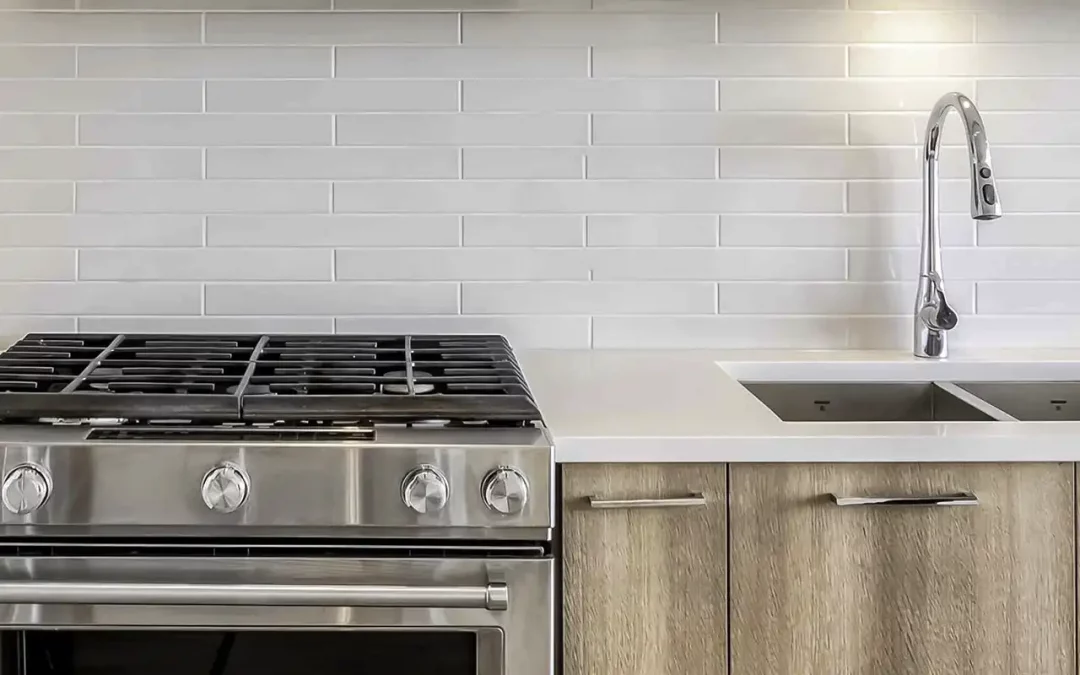When something breaks after your home has sold, but before the new owner gets the keys, do the right thing and repair it.
Besides being the ethical way to hand over your home to a buyer. You are legally obligated to deliver the house in “substantially the same condition” as when the buyer viewed it. If I’m being honest, the legal requirement is often confusing and appears somewhat vague and subjective.
The offer you accept has an “as viewed” date, the last time the buyer saw your home before offering. Unfortunately, the confusion is often the as-viewed date because it’s uncommon to do a checklist or assessment at this time. And It’s probably several weeks later that you’ll complete the sale, then have to rely on memory for the condition. Or what condition the home was in at that time.
Many homebuyers will hire a home inspector to assess the fundamental areas of the home. They can then refer to the inspection report after closing if they think something isn’t quite right. But still, there is an element of trust; the buyer depends on you as the seller to deliver the property as expected.
There’s confusion on timing, too, if something breaks after your home has sold. Usually, the sale closes, and the buyer becomes the new owner a couple of days before physically getting the keys. The information page included with offers says, “The buyer assumes all risks for the property at 12:01 am on the completion date”. But that’s where a lot of people tend to stop reading. Let’s look closer at the standard BCREA contract for sale. We see that ” The Property and all included items will be in substantially the same condition at the Possession.” If something breaks after your sale closes. You’re still responsible for repairs before you pass on the keys. In the eyes of the buyer, the seller is responsible for the property until they have physical possession.
There is also the question of what the meaning of substantial is. It’s hard to answer regarding the cost of real estate in Metro Vancouver, considering the relative expense of housing. So, it’s generally assumed that sellers should use reasonable care when moving out of the home they sold.
Ultimately, the buyer pays before they take possession, and there’s no damage deposit with a home sale. If the buyer disagrees with how you’ve passed the home over, their option is going back on you through the legal system. Be mindful that even if conditions are off and the sold sticker is up, you’re still the owner for the time being. The new owner should receive the property as you mutually agreed to in the sale contract.

